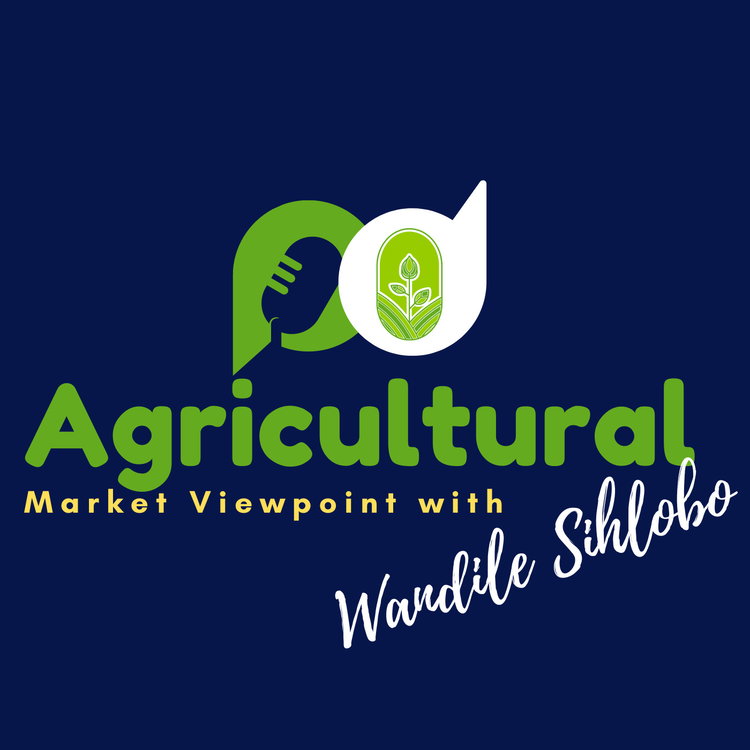
The US recent tariff modification may be favourable for some SA agricultural industries
Loading player...
The U.S. decision to modify its reciprocal tariffs and exempt some food products is a positive step towards easing agricultural trade friction, which is costly to both exporting countries and U.S. consumers. The exempted products include coffee and tea, fruit juices, cocoa, and spices, as well as avocados, bananas, coconuts, guavas, limes, oranges, mangoes, plantains, pineapples, various peppers and tomatoes, beef, and additional fertilisers. The U.S. government took this positive policy step in an effort to cushion U.S. consumers against higher prices resulting from the tariffs. In a way, this is a recognition that tariffs are a tax on consumers in importing countries, while also weighing on exporters. In our understanding, these products will no longer be covered under the Liberation Day Tariff levels, making access to the U.S. market much easier for various exporters.
South Africa is an exporter of various agricultural products to the U.S., including citrus products, table grapes, macadamia nuts, wine, ostrich products, and ice cream, among others. It appears that oranges, macadamia nuts and fruit juices will benefit from the exemption.[1] The U.S. accounts for approximately 4% of South Africa’s agricultural exports, valued at U.S.$13.7 billion in 2024.
In the second quarter of 2025, South African agricultural exporters took advantage of the temporary tariff pause and front-loaded their products. This resulted in a 26% year-over-year increase in South Africa’s agricultural exports to the U.S. in the second quarter, reaching U.S.$161 million. There remain concerns that going forward, the higher tariffs will weigh on agricultural product exports, particularly those not covered in these modified rates, such as table grapes, macadamia nuts, and wine, among others. South Africa is entering the table grape export season, and access to the U.S. market remains a challenge due to higher tariffs compared to South African competitors.
South Africa is an exporter of various agricultural products to the U.S., including citrus products, table grapes, macadamia nuts, wine, ostrich products, and ice cream, among others. It appears that oranges, macadamia nuts and fruit juices will benefit from the exemption.[1] The U.S. accounts for approximately 4% of South Africa’s agricultural exports, valued at U.S.$13.7 billion in 2024.
In the second quarter of 2025, South African agricultural exporters took advantage of the temporary tariff pause and front-loaded their products. This resulted in a 26% year-over-year increase in South Africa’s agricultural exports to the U.S. in the second quarter, reaching U.S.$161 million. There remain concerns that going forward, the higher tariffs will weigh on agricultural product exports, particularly those not covered in these modified rates, such as table grapes, macadamia nuts, and wine, among others. South Africa is entering the table grape export season, and access to the U.S. market remains a challenge due to higher tariffs compared to South African competitors.

